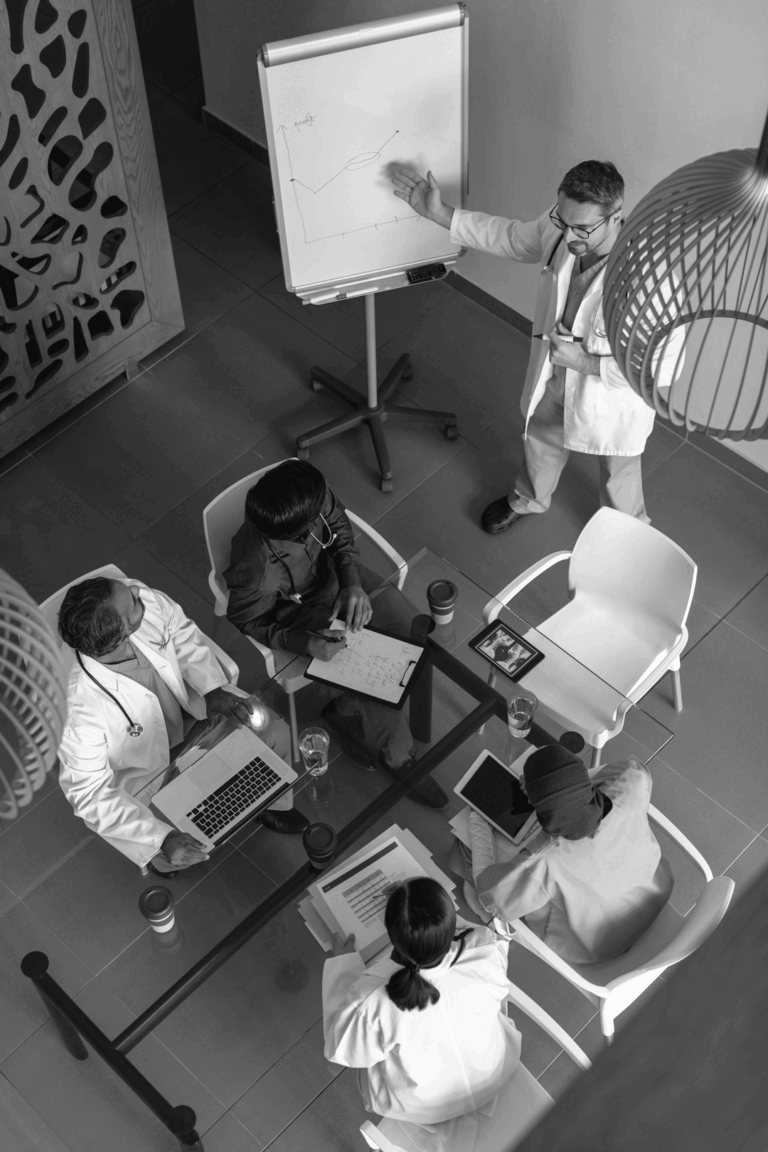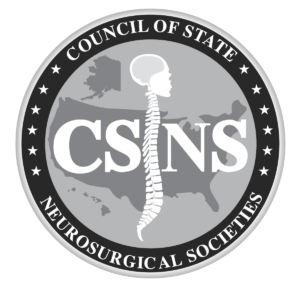Fellowships & Awards

Residents in the CSNS
Select a year to view the fellows:
The Council of State Neurosurgical Societies has been a leader in incorporation of neurosurgeons in training into its ranks. Unlike most other neurosurgical organizations who welcome residents but don’t extend full membership until after completion of training, the Council includes selected residents with full voting privileges. Over 100 residents have served as CSNS delegates since the programs inception.
The concept of resident inclusion was first broached by the Chairman of the CSNS Young Physicians Committee (YPC), Dr. J. Zabramski, in his report to the Council’s Executive Committee September 19, 1992. The idea was encouraged as a topic for consideration by the Council’s Chairman, Dr. Donald Sheffel in his report to the CSNS plenary session on October 30, 1992.
In 1994, David Jimenez spearheaded obtaining a list of senior level residents with plans by the CSNS Young Physicians Committee to invite them to the 1995 meetings as guests. At that time, the response was underwhelming.
In 1996, the YPC (chaired by Richard Toselli) proposed contacting the State Societies encouraging them to incorporate residents and potentially allow residents to access the CSNS via the state societies. In 1997, as a result of dialogue with the YPC, CNS President Marc Mayberg offers to send a letter to the Chairpersons of all training programs encouraging them to send residents interested in socioeconomic issues to CSNS meetings. Dr. Ted Jacobs of the YPC volunteered to explore scholarships for residents to attend CSNS meetings.
In the Spring of 1998 the YPC formed a subcommittee to study and bring forth a resolution addressing the concept of resident involvement in the CSNS and Dr. Ted Jacobs, on behalf of subcommittee and the YPC, introduced and had adopted, after some amendment, a resolution at the Autumn meeting of the CSNS charging the CSNS Chairman to appoint an ad hoc committee to recommend a methodology to encourage and promote resident participation in the CSNS.
In the Spring of 1999 the ad hoc committee, chaired by David Jimenez, submitted its report recommending 1) residents be nominated by their respective training program directors, 2) that 12 residents be selected for one year terms with the residents allowed to serve on CSNS committees and in their respective quadrants and as a group having one vote and 3) that corporate sponsorship be obtained for travel and lodging expenses.
In the autumn of 1999, the first 12 residents were invited, all by the CSNS Executive Committee (pending development of a formal quadrant selection process) from among applications submitted by the training programs to the various quadrant chairpersons. Funding for the residents travel and lodging was provided by a grant from Sofamor Danek which had been solicited by Dr. Lyal Leibrock, CSNS Chairman.
In the spring of 2001, the CSNS voted to give the resident delegates full voting privileges. Now called Resident Fellows, applications are solicited directly from interested residents and 3 are elected annually for one-year terms by each CSNS Quadrant for a total of twelve fellows plus one military resident fellow elected by the AANS/CNS Joint Military Neurosurgeons Committee. Integra has continued to support the fellowship program by underwriting travel and lodging costs for the fellows to attend each CSNS meeting. Other corporations who have or continue to support the program include Codman, Cook, Boston Scientific, Globus Spine, and Medtronic (Sofamor Danek).
One of the goals of the resident fellowship program is to attract residents interested in socioeconomic issues and from among them to generate a cadre who, upon graduation, return to the CSNS as state or AANS/CNS delegates. A select few have assumed leadership positions in the CSNS including Satish Krishnamurthy (an original resident delegate in 1999) directing the resident mentoring program and arranging meeting CME, Alan Scarrow (2001) current chair of the CSNS Medico-Legal Committee and Mike Steinmetz (2004) current chair of the CSNS Communications and Education Committee. Also noteworthy is Aaron Cohen-Gadol (2003) who has subsequently attended 7 CSNS meetings as a CNS appointed delegate.
The Council of State Neurosurgical Societies (CSNS) has been in existence for over 40 years, yet has resided in the shadows of the larger AANS and CNS organizations. My department chairman, Dr. David Jimenez, is a former chairman of the CSNS and was very active in the CSNS even while he was still in residency. He described the importance of the CSNS as the forum where pertinent neurosurgery positions were debated, where things like liability reform and pay for performance were discussed, where the latest medicare information such as coding and reimbursement are disseminated, and the future of neurosurgery legislated. New ideas and resolutions could be debated and passed on the national assembly floor, a process in which residents can be involved. So I decided to take the next step and apply as a fellow from the southwest quadrant and see the process up close.
The first delegate meeting was in Chicago just prior to the Congress Of Neurological Surgeons annual meeting. The first day of the two-day session was allocated to individual committee meetings.
The committees cover the full spectrum of issues related to Neurosurgery. The Medical Practices and Workforce Committees deals with professional and political factors that may affect a neurosurgical practice as well as training programs.
The Medico-legal committee deals with issues regarding research, reporting, and education regarding the latest legal issues in Neurosurgery, including professional liability and informed consent.
Then, there is the Reimbursement Committee, the Communications and Education Committee, and the Neurotrauma Committee.
Finally, the Young Physicians Committee is an active organization for any young resident or faculty where issues are discussed and actions taken regarding job search, new practice concerns, or board certification.
During this first day of committee meetings, I attended committee meetings on communication and education as well as neurotrauma. At both of these meetings, submitted resolutions were discussed and the collective opinion of each committee was decided. Finally a committee member was chosen to represent the committee’s opinion during discussion on the national assembly floor after which the resolutions could then be voted up or down, or amended and changed on the second day of the meeting.
The fellows were strongly encouraged to fully participate in the process, and our opinions were highly sought during each of the committee meetings. This included speaking for the committee on the floor during the national assembly debates.
The personal experience of being involved in the CSNS meeting was very rewarding. I had the privilege of being an active participant on a number of the committees. Furthermore, I had the opportunity to discuss committee opinions regarding the resolutions on the debate floor of the national assembly, and take part in proposing an alternate resolution at the national assembly meeting and defending that resolution, resulting in having it passed when it was brought up for a vote.
There were valuable opportunities to meet and interact with national leaders in our field. Individuals like Dr. Fernando Diaz (Chairman of the CSNS), Dr. Allan Scarrow (Medico-Legal Committee Chairman), Dr. Krishnamurthy (Communications and Education Committee Chairman), Dr. Esposito (Neurotrauma Committee Chairman), Dr. Rosenow (Young Neurosurgeons Committee Chairman) as well Dr. Boomgarden, Dr. Boop, Dr. Timmons, Dr. Bingaman, and many other national leaders and top innovators in Neurosurgery.
Many of us may be in future leadership positions in Neurosurgery, and as such, the CSNS is a wonderful organization in which to get involved. As a fellow, you will have the same opportunity that I did – an opportunity to learn and share ideas with the active leaders in the field of neurosurgery, to develop and nurture your own leadership skills, to gain a greater understanding of the pertinent socioeconomic and national political climates that affect our field, and to represent your quadrant (and your residency program) as a fellow. As a neurosurgery resident, the opportunity is yours! Get involved!
Sincerely,
Stephen E. Griffith, M.D.
Past Southwest Quadrant Fellow
University Of Texas Health Science Center San Antonio



